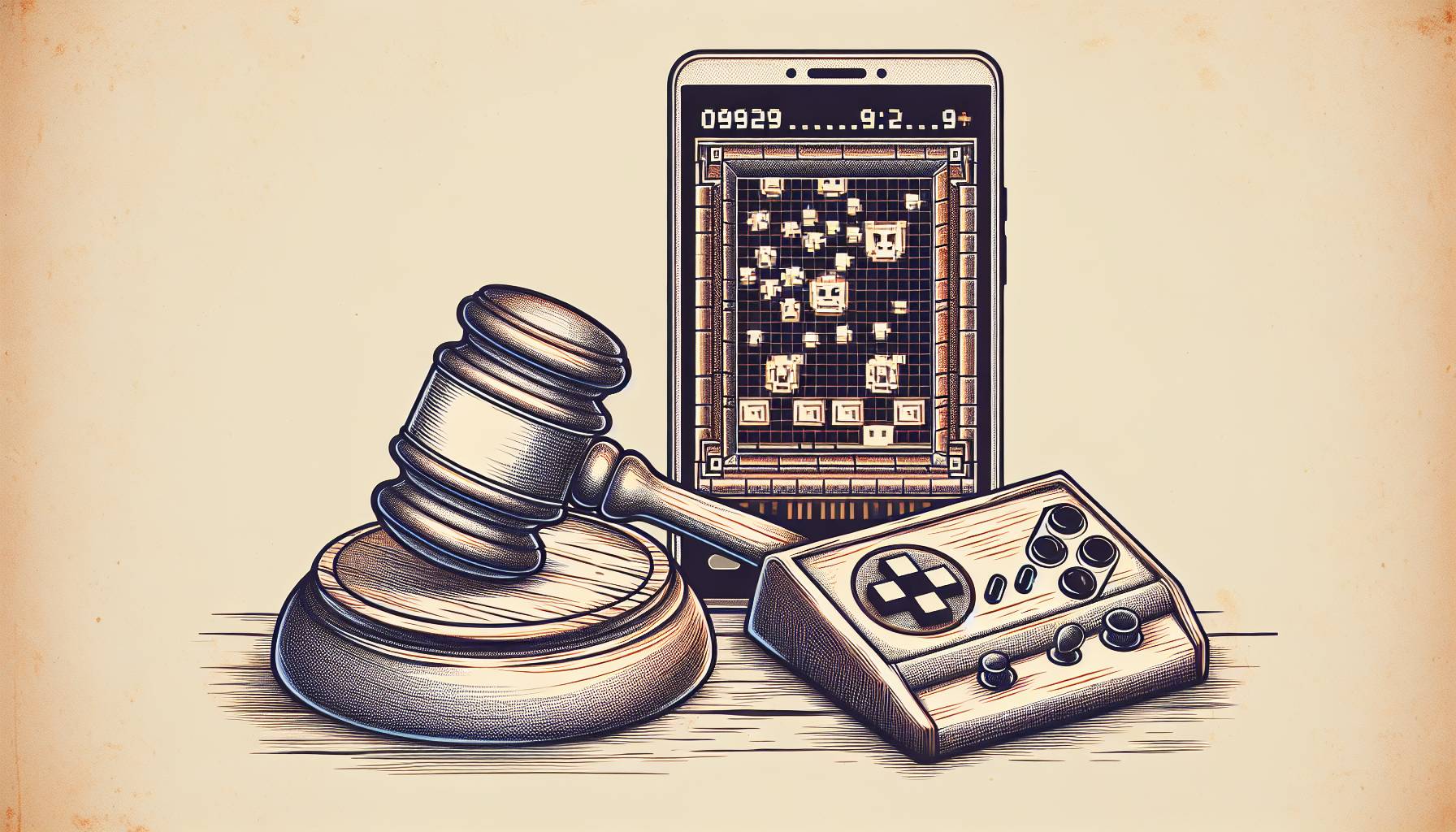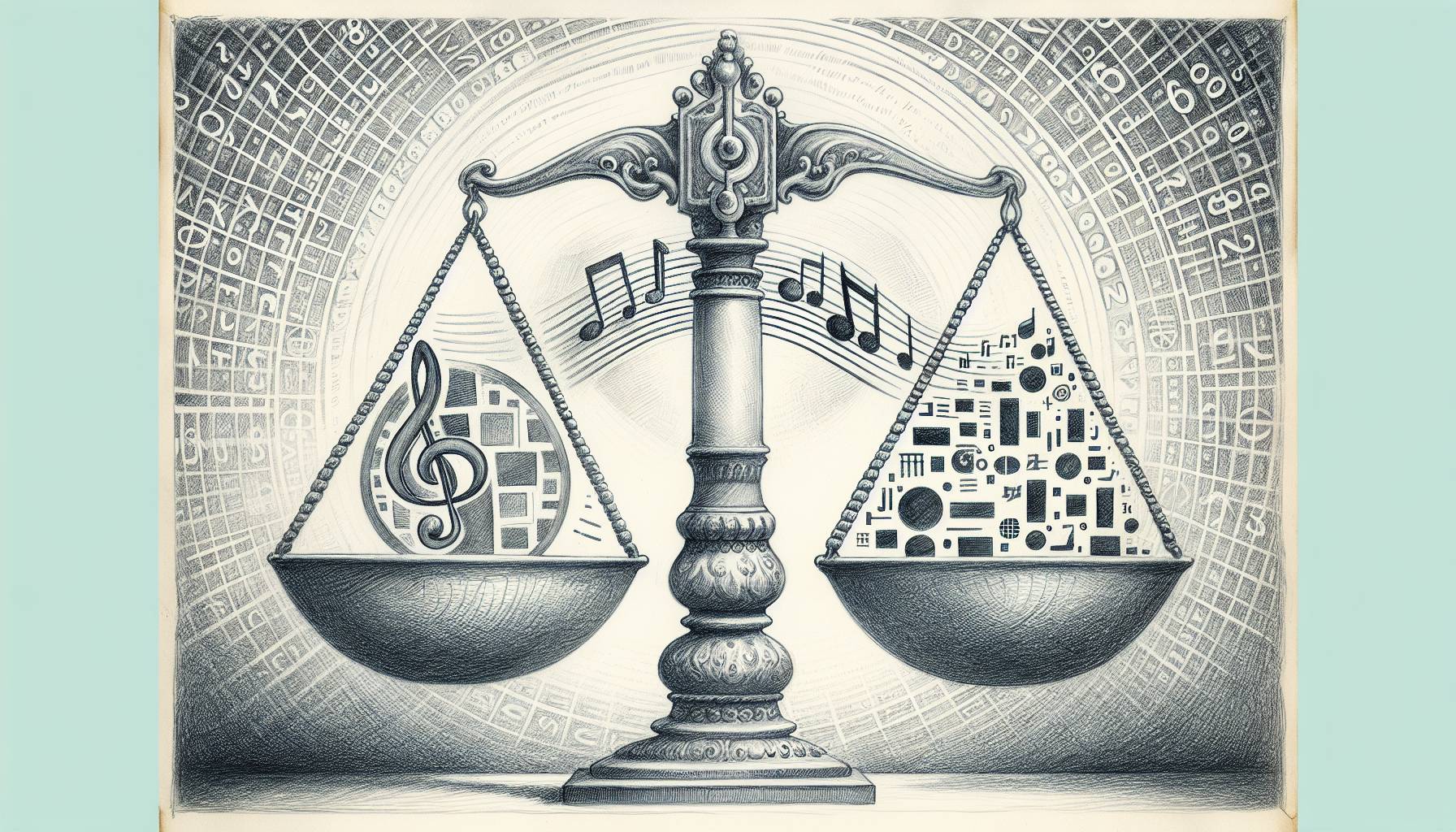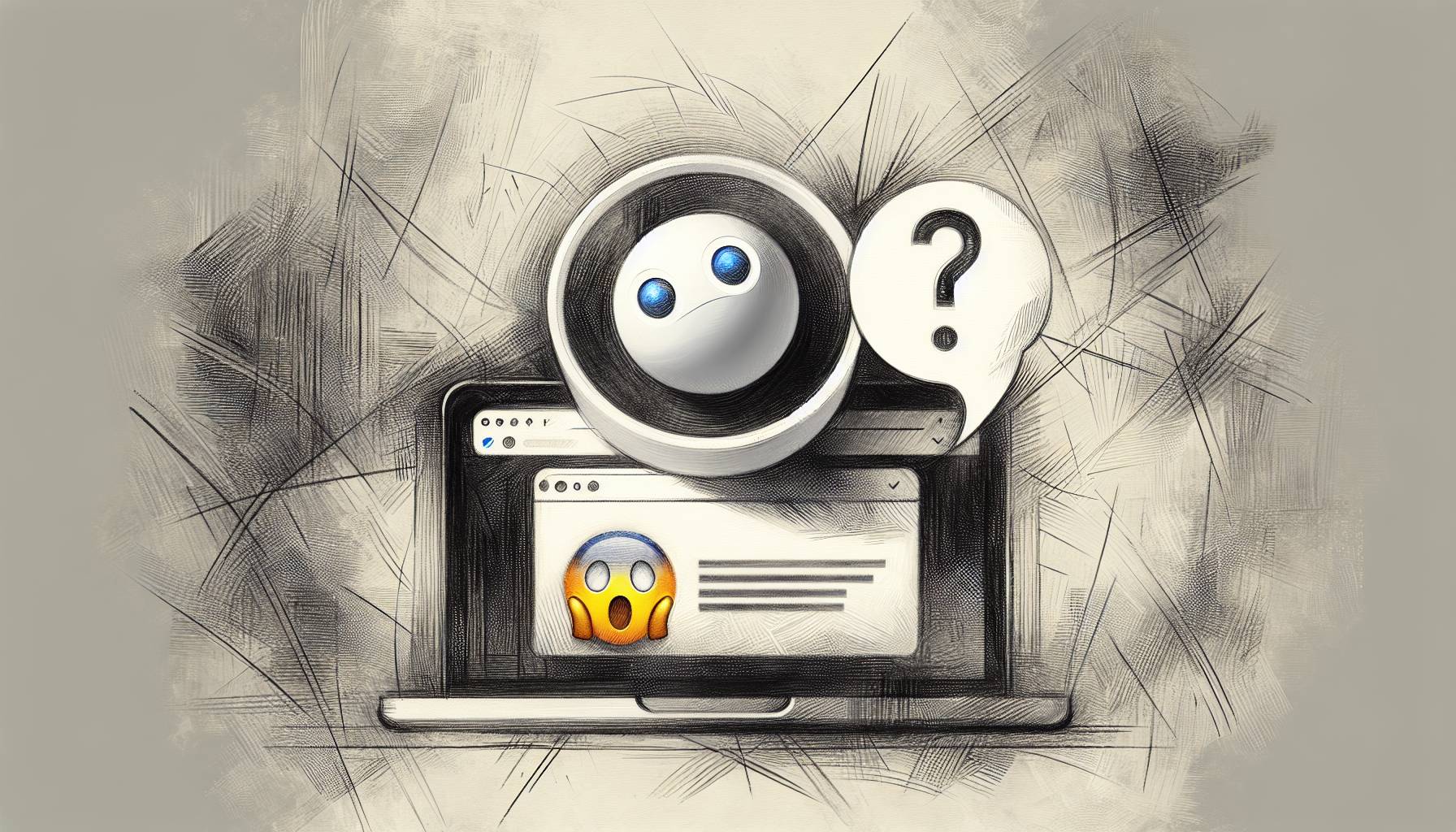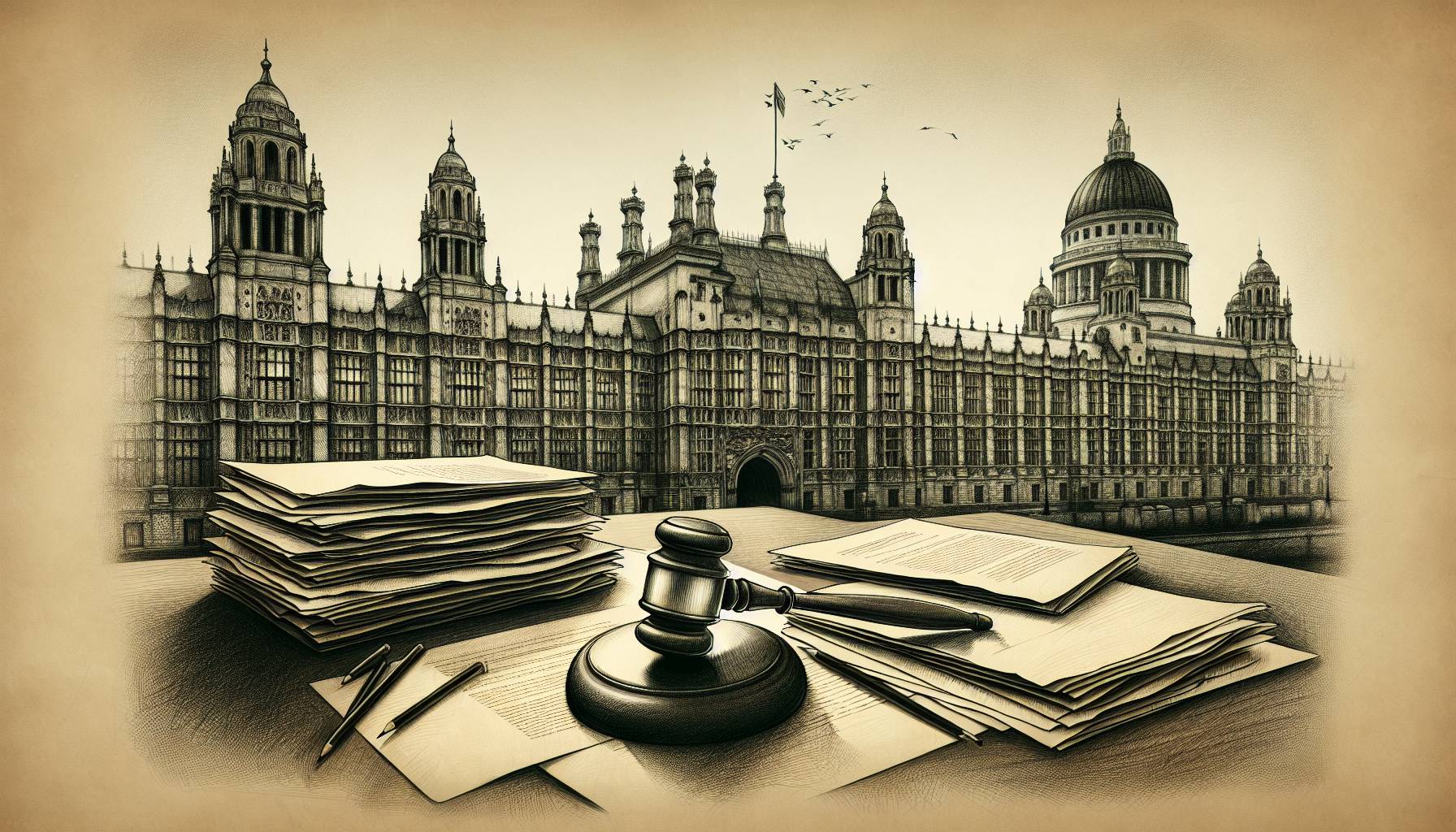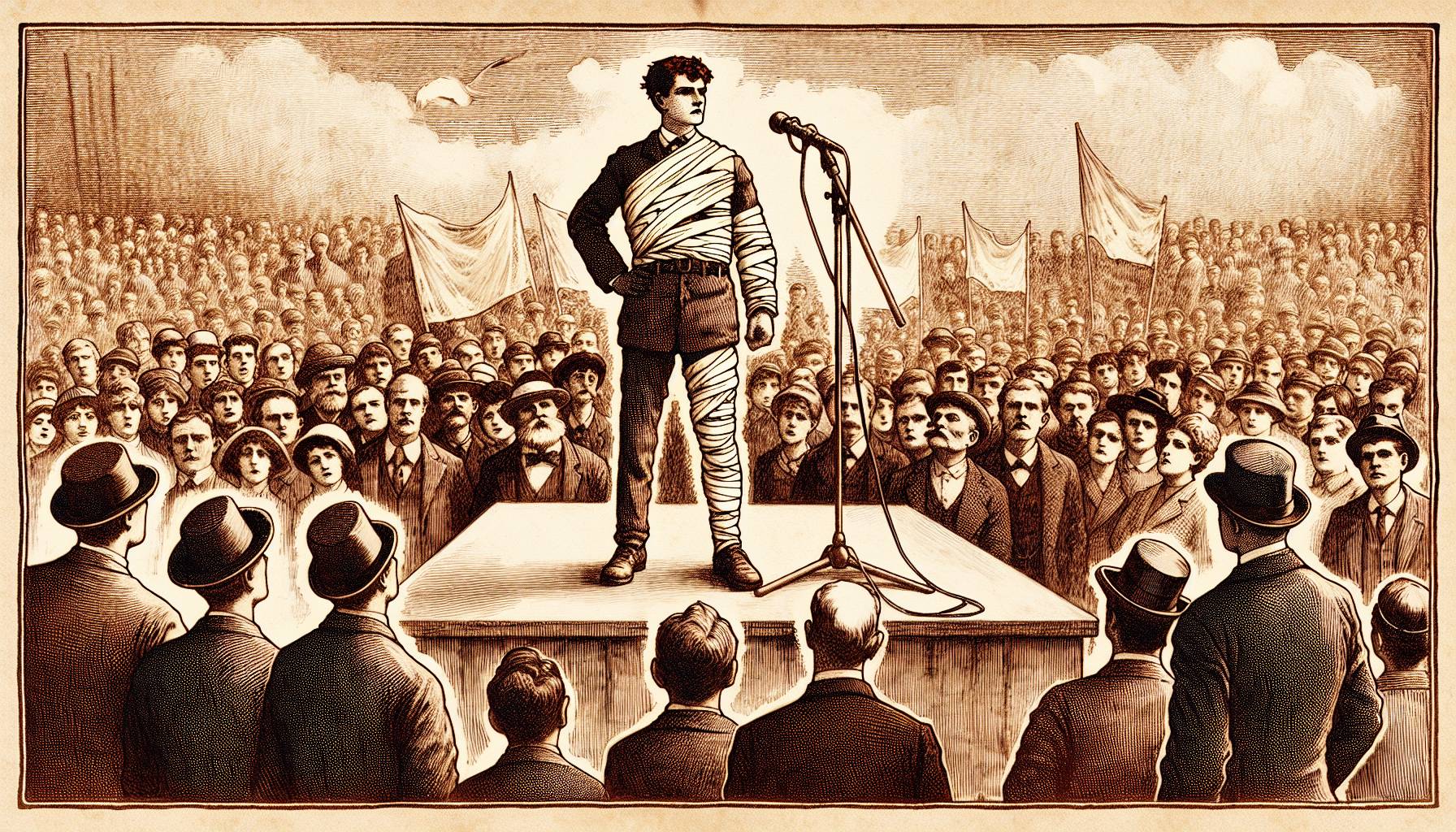Owners of iPhones might have run up against Apple’s (AAPL) warranty policy as it relates to water damage — which is, there is no warranty for water damage.
Inside the iPhone are liquid contact indicators (LCIs), small sensors that trip when the device contacts water and tip off Genius Bar employees at the Apple Store of when you’ve dropped your phone in the toilet or exposed it to rain. And when those sensors are tripped, at least until recently, Apple employees were told to dismiss any warranty claims. You could get your device fixed, but it would cost you.
This was enough to create a class-action lawsuit situation in 2010, when iPhone owners banded together to claim that the LCIs were not always accurate. Users were finding that more than just liquid would trigger the LCIs — things like sweaty palms, humidity or even cold were allegedly enough to trip the sensors. Then, when people who were otherwise taking good care of their devices would come with a warranty claim, they would be shown the door because the LCIs were tripped.
The woman bringing the lawsuit ended up buying three different iPhones (at a discount) because the first two iPhone 3Gs she owned broke about six months after purchasing them. Both times, she was told the sensors in the phone had indicated they had been exposed to a significant amount of water. In her lawsuit, she and other complainants claimed Apple knew the sensors were at least overly sensitive and possibly defective.
I couldn’t find any information about how the lawsuit actually shook out, but according to a leaked document picked up by iGeneration, iPhone owners might be getting a little amnesty as far as those liquid contact sensors are concerned.
The document appears to be a guide for Apple Store employees on what to do with iPhones that have the LCI’s triggered. Rather than just look at the indicator and void the warranty, the document basically recommends the employees be a little more thorough with their assessment: they should look for clear signs of water damage, like liquid behind the display, and corrosion.
The best part is this: “If a customer disputes whether an iPod with an activated LCI has been damaged by liquid contact and there are no external signs of damage from corrosion, then the iPod may still be eligible for warranty service.”
If the document is the real deal, it seems Apple is recognizing that the LCI isn’t the end-all indicator of what happened to an iPhone to damage it, which is good news for us iPhone owners. Although, that policy (if it is a policy) is awfully vague — it doesn’t specify under what circumstances the iPod might still be eligible for the warranty, or why. Sounds like it’s just up to the Apple Store employees to listen to the stories told by customers, weigh them against what physical evidence is found in the device, and make a judgment.
It’s tough to tell if this is really the new Apple policy without risking an iPhone, but at least it bodes well for customer service for iPhone owners — especially as we near the launch of the Verizon iPhone on Feb. 10, and the user base undoubtedly expands by a few million more people.




